Congratulations to Dr. Shanti Farrington, Principal Academic in Psychology, on the publication of her latest paper ‘The impact of cultural practice and policy on dementia care in Nepal‘ [1]. This paper in the international journal BMC Geriatrics reminds us that our wider culture plays a vital role in both dementia care and policy. This study explored the cultural practice and policy influence around caring for People Living with Dementia (PLWD) in Nepal. It comprised four in-depth interviews and four focus group discussions with 29 participants, including family members, health care professionals, and other stakeholders. Data were analysed using thematic analysis.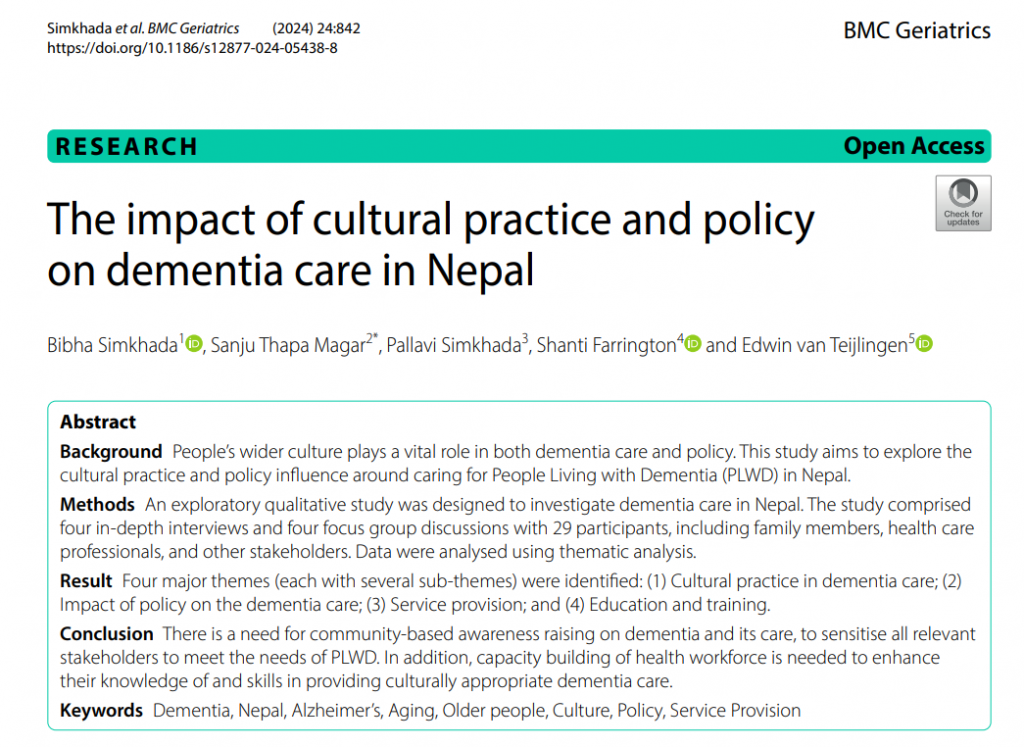
 This qualitative research resulted in four major themes (each with several sub-themes): 1. Cultural practice in dementia care; 2. Impact of policy on the dementia care; 3. Service provision; and 4. Education and training. The authors conclude that is a need for community-based awareness raising on dementia and its care, to sensitize all relevant stakeholders to meet the needs of PLWD. In addition, capacity building of health workforce is needed to enhance their knowledge of and skills around dementia care.
This qualitative research resulted in four major themes (each with several sub-themes): 1. Cultural practice in dementia care; 2. Impact of policy on the dementia care; 3. Service provision; and 4. Education and training. The authors conclude that is a need for community-based awareness raising on dementia and its care, to sensitize all relevant stakeholders to meet the needs of PLWD. In addition, capacity building of health workforce is needed to enhance their knowledge of and skills around dementia care.
The lead author is Dr. Bibha Simkhada, formerly in BU’s Department of Nursing Sciences, and currently based in the School of Human and Health Sciences at the University of Huddersfield. Further co-authors are Pallavi Simkhada, PhD student at the University of Edinburgh, Sanju Thapa Magar, based at Aging Nepal and Prof. Edwin van Teijlingen, in BU’s Centre for Midwifery & Women’s Health.
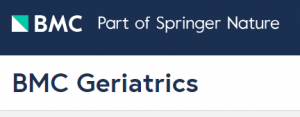
Reference:
- Simkhada, B., Magar, S.T., Simkhada, P., Farrington, S., van Teijlingen, E. (2024) The impact of cultural practice and policy on dementia care in Nepal, BMC Geriatrics24, 842 (2024). https://doi.org/10.1186/s12877-024-05438-8
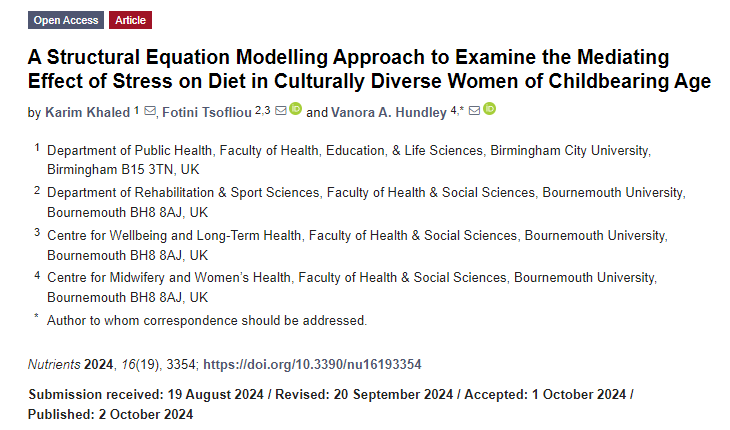

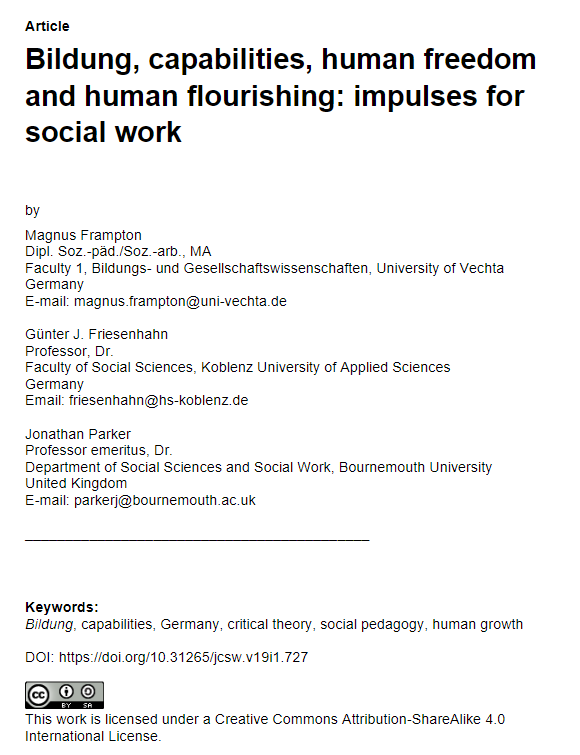
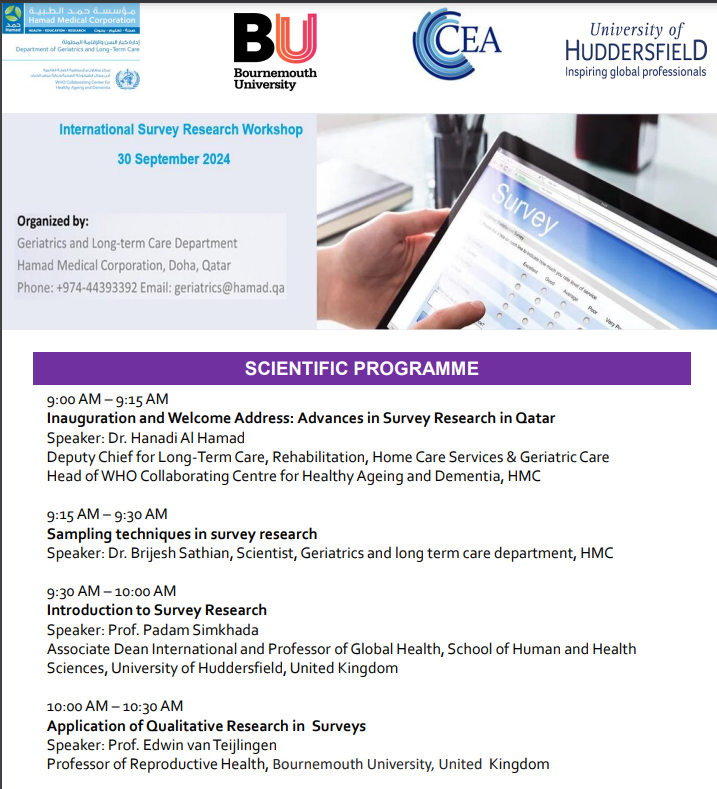

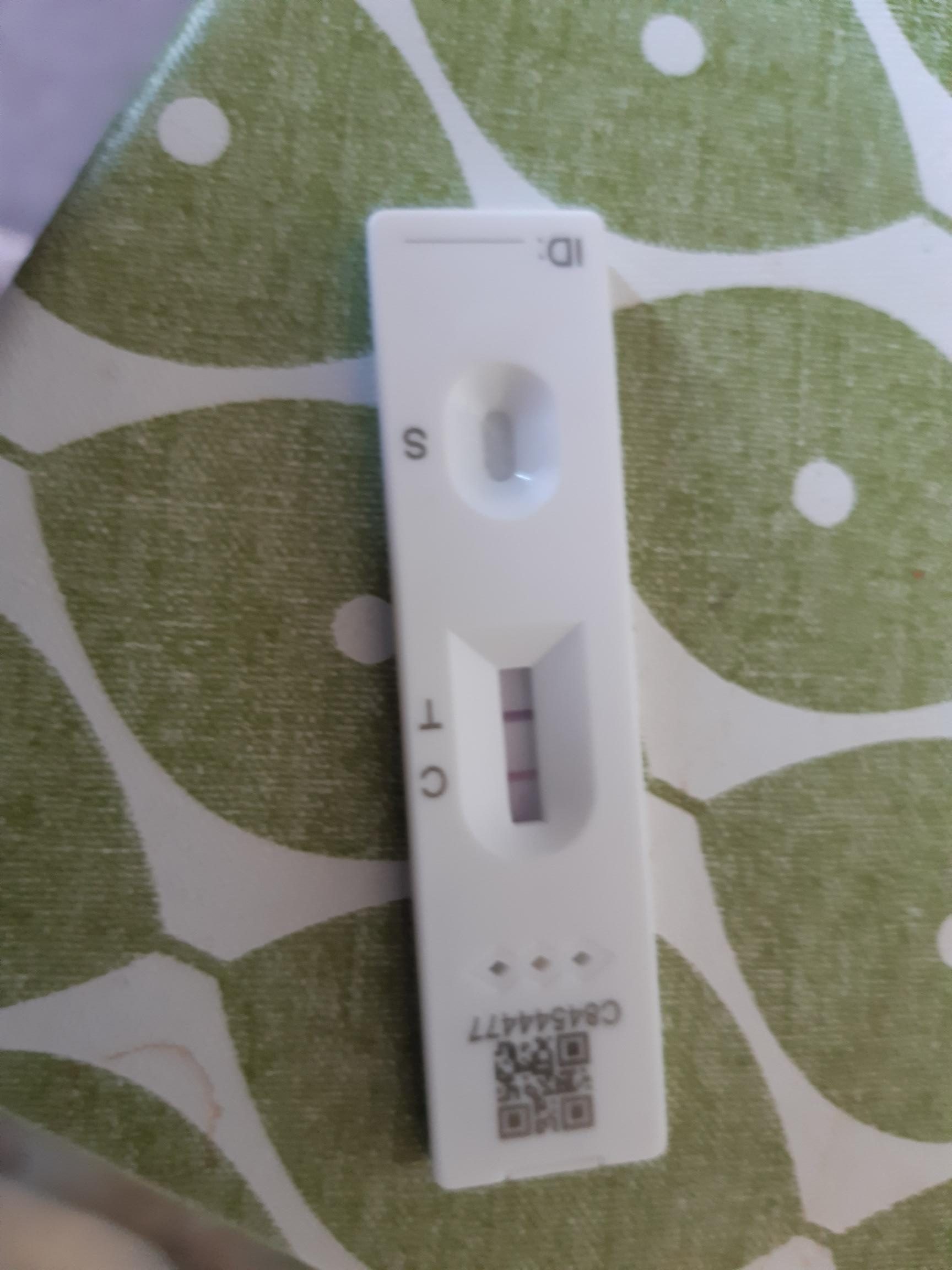
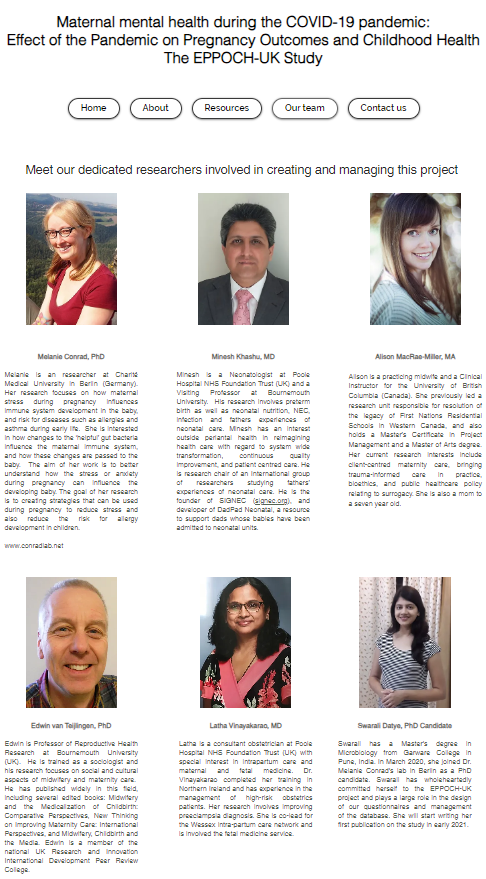

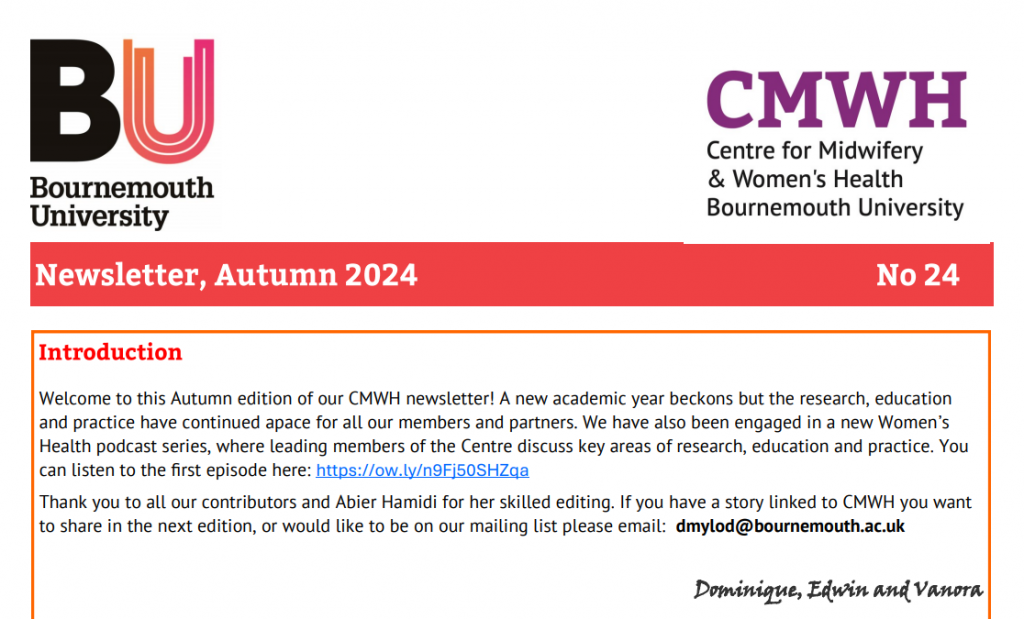 This edition includes news items and stories related the successes of CMWH staff and students. For example, about Drs. Dominique Mylod and Daisy Wiggins who both secured innovative NIHR funding for undergraduate student internships. Or about the recently awarded National Institute for Health and Care Research (NIHR) funding for ‘INSIGHT: Inspiring Students into Research’. This innovative three-year programme started this summer as part of the NIHR Academy’s portfolio of career support for health and social care professionals. The programme supports the NIHR aim to develop a highly skilled research workforce capable of advancing the best research which improves health and care, and benefits society and the economy.
This edition includes news items and stories related the successes of CMWH staff and students. For example, about Drs. Dominique Mylod and Daisy Wiggins who both secured innovative NIHR funding for undergraduate student internships. Or about the recently awarded National Institute for Health and Care Research (NIHR) funding for ‘INSIGHT: Inspiring Students into Research’. This innovative three-year programme started this summer as part of the NIHR Academy’s portfolio of career support for health and social care professionals. The programme supports the NIHR aim to develop a highly skilled research workforce capable of advancing the best research which improves health and care, and benefits society and the economy.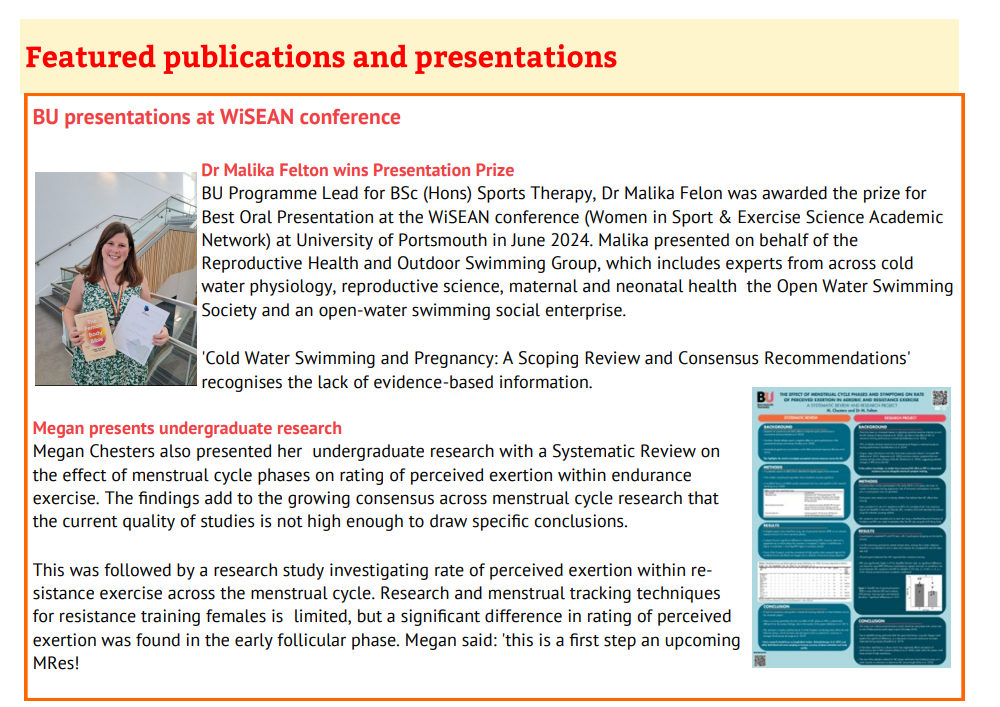
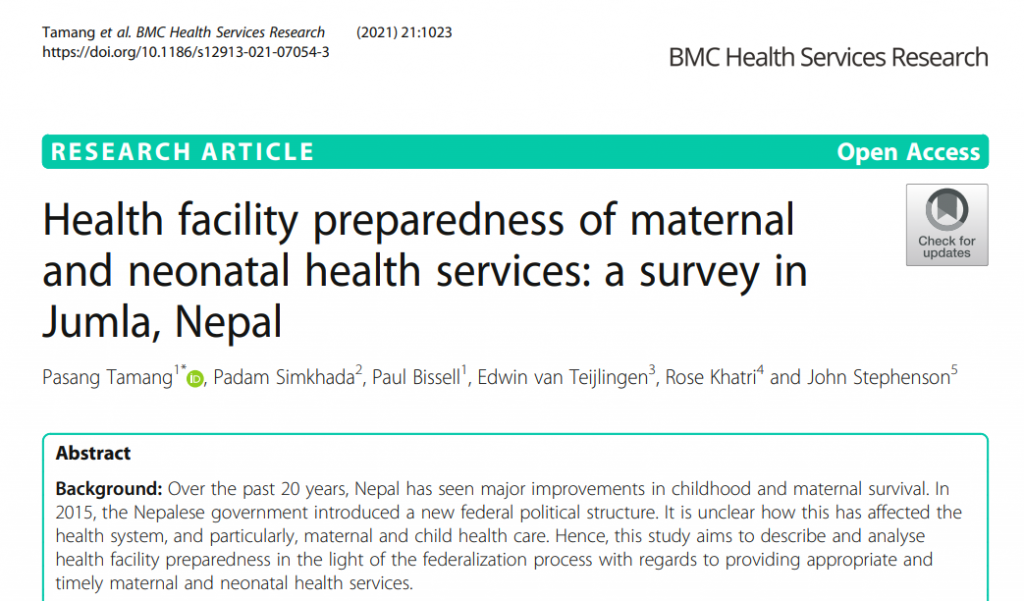


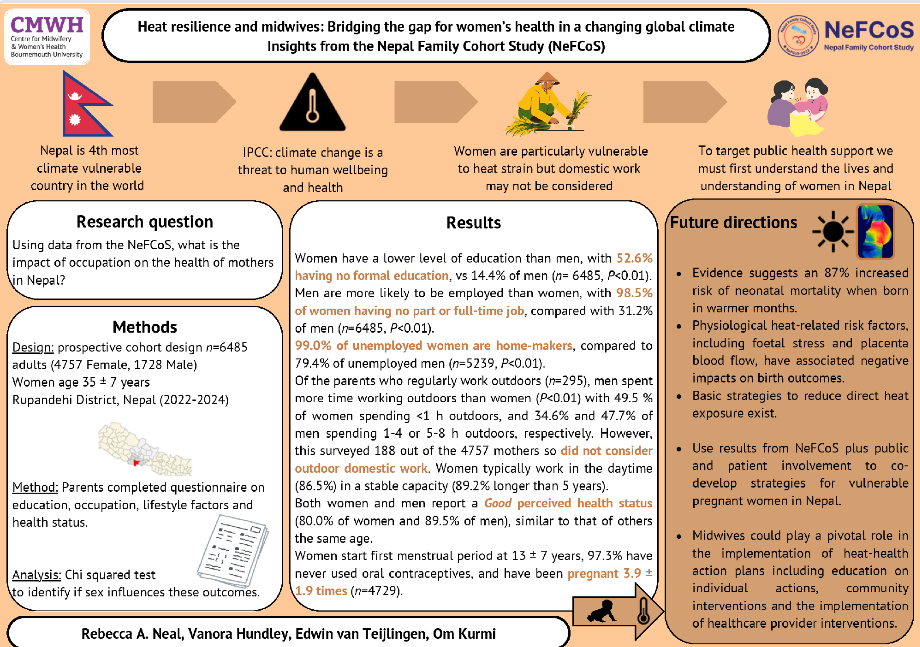

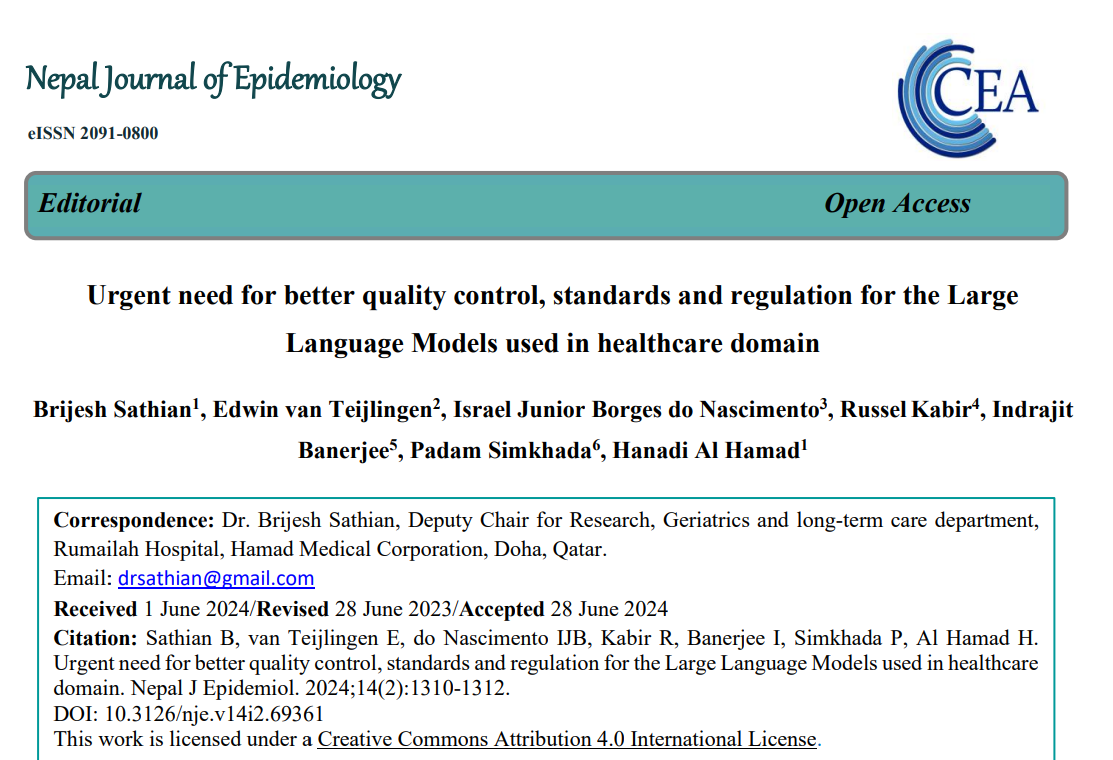



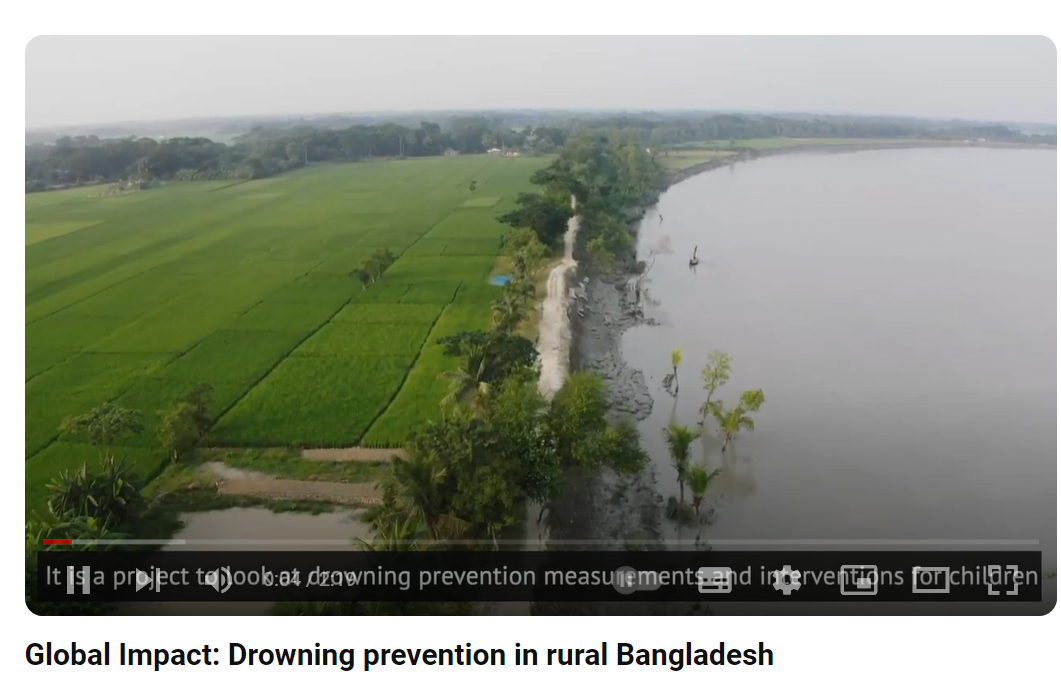

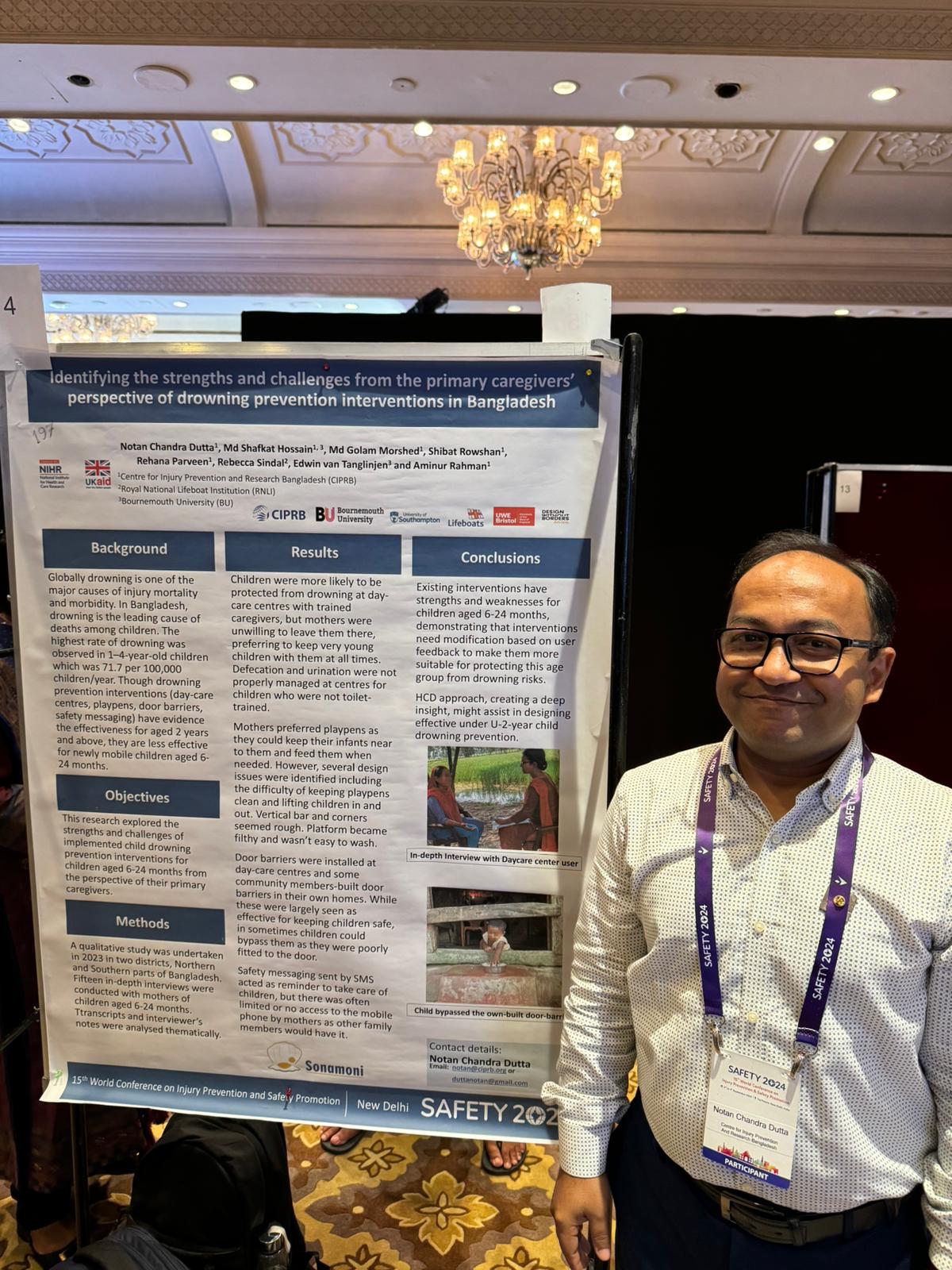


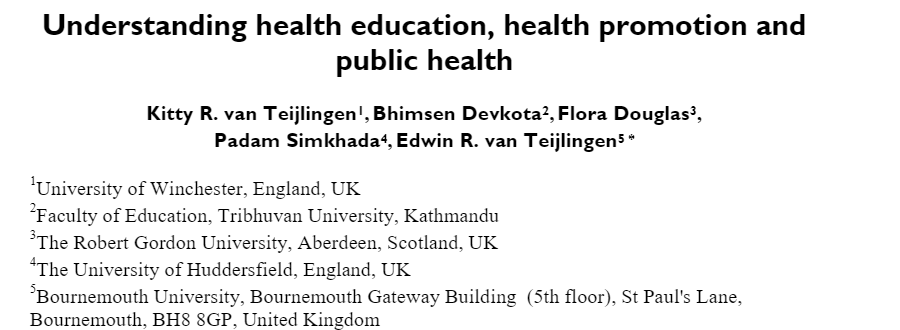
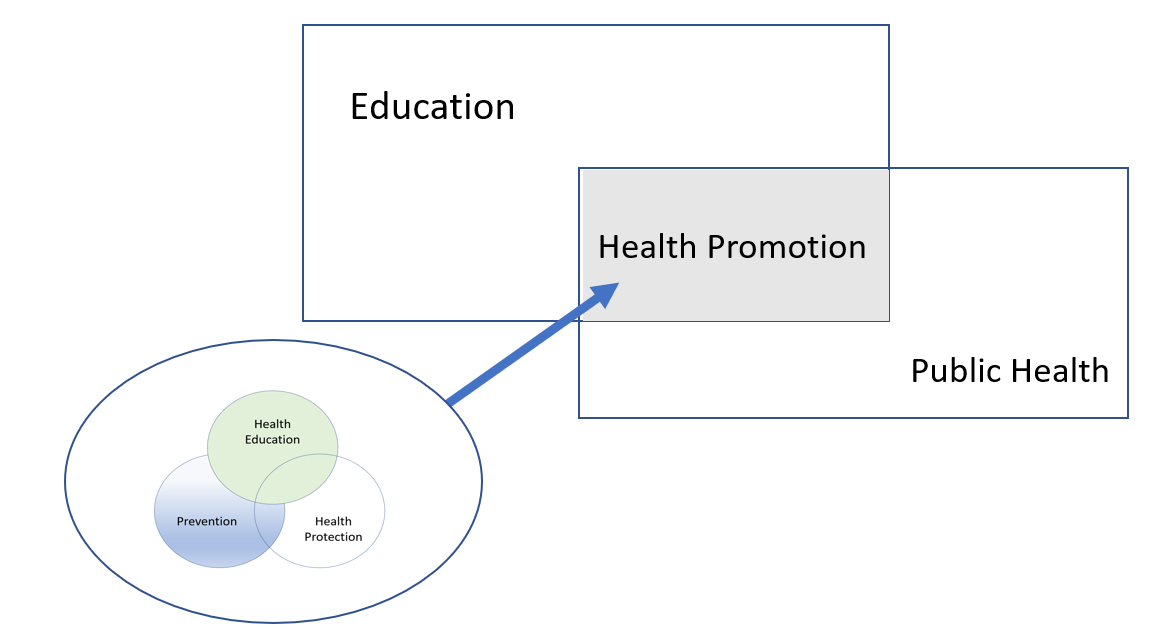
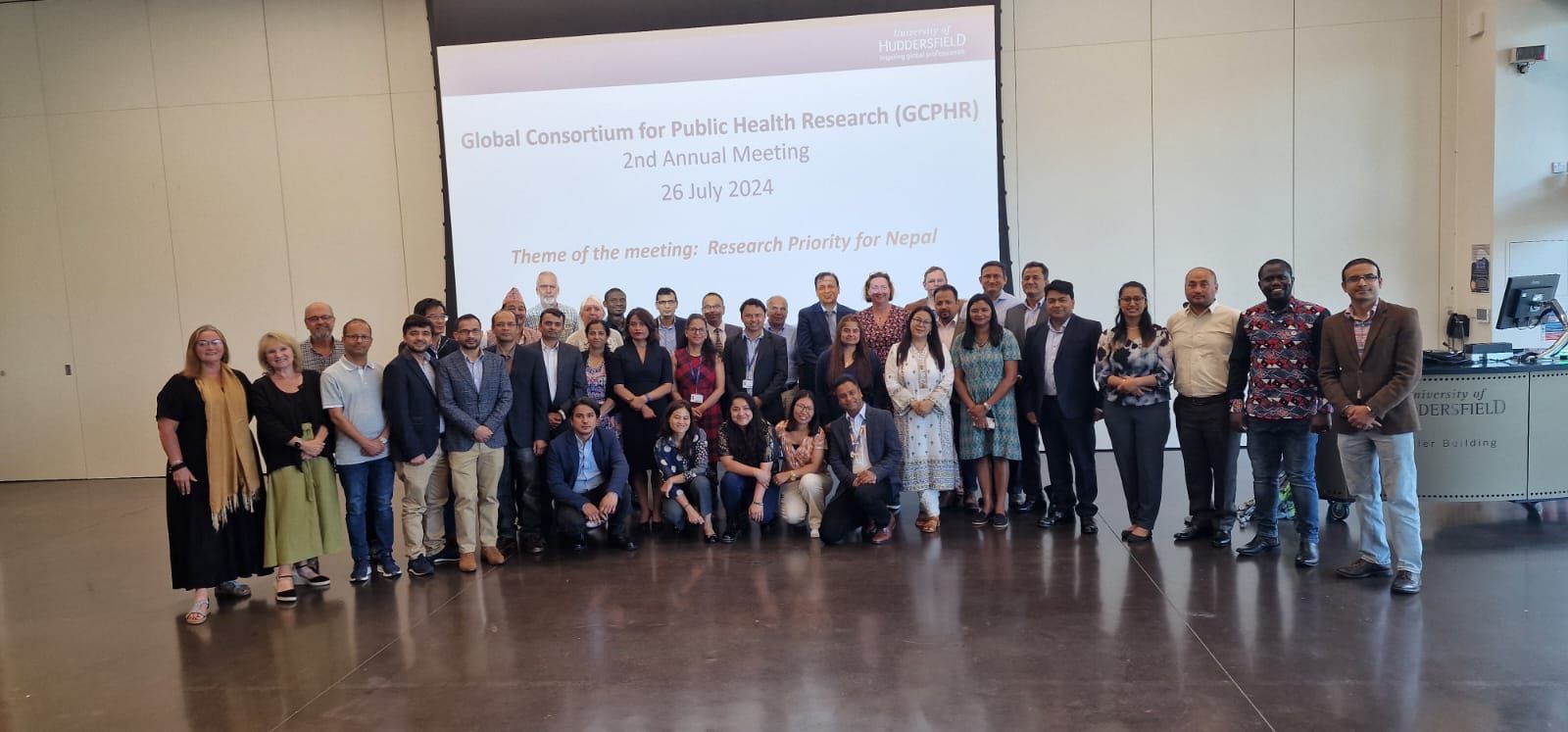
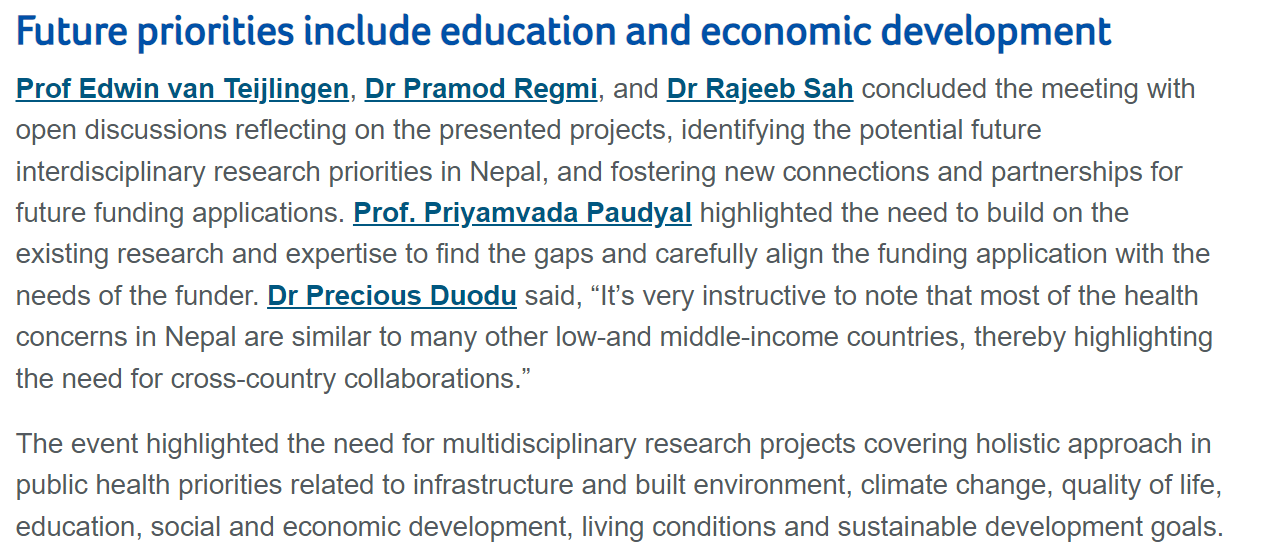
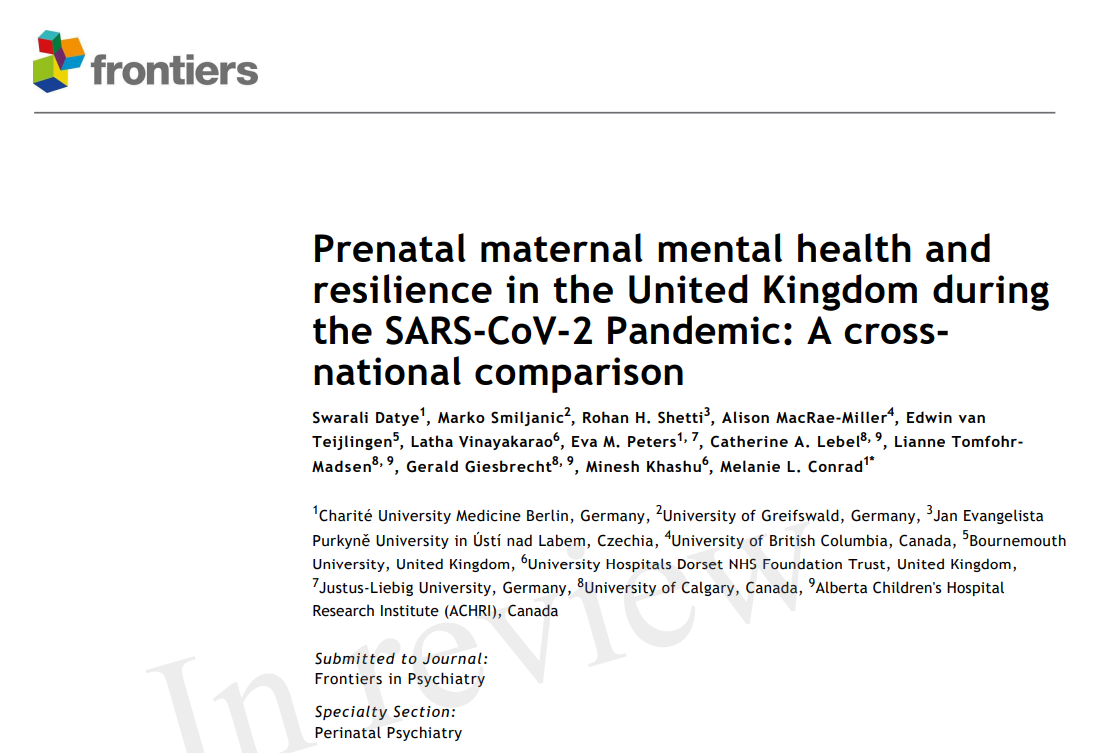
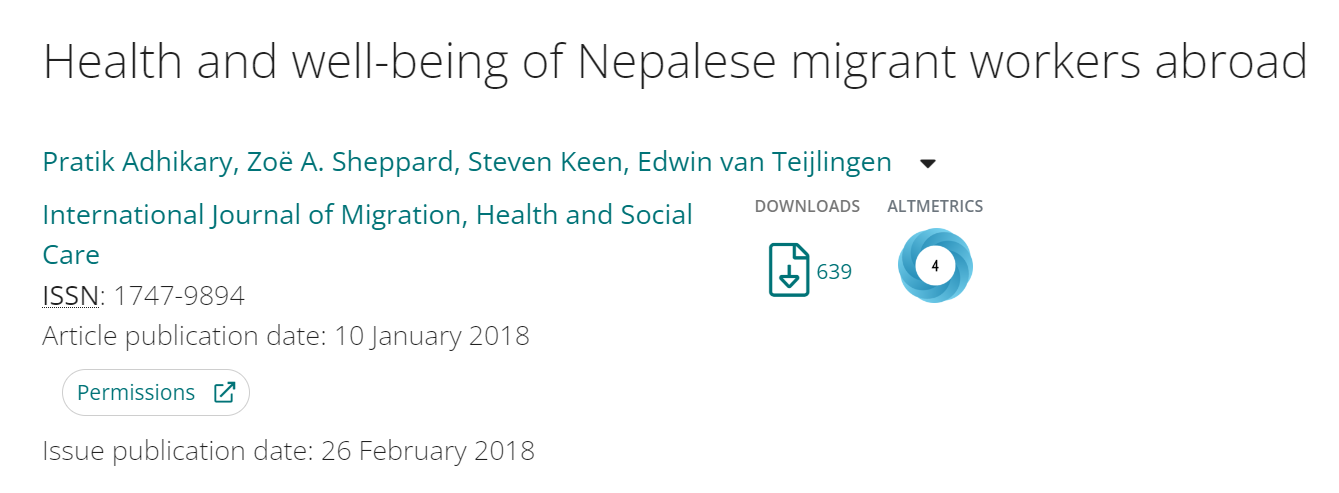
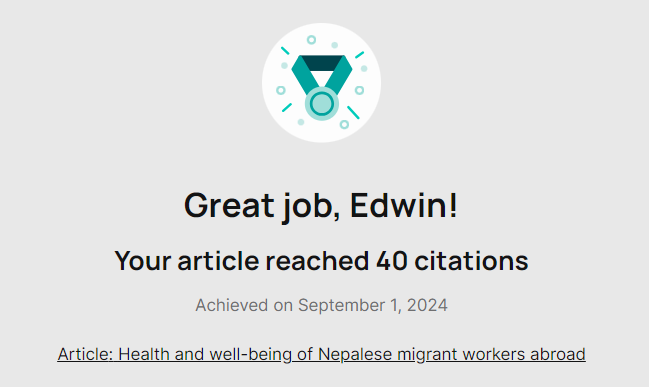












 Visiting Prof. Sujan Marahatta presenting at BU
Visiting Prof. Sujan Marahatta presenting at BU 3C Event: Research Culture, Community & Can you Guess Who? Friday 20 March 1-2pm
3C Event: Research Culture, Community & Can you Guess Who? Friday 20 March 1-2pm Beyond Academia: Exploring Career Options for Early Career Researchers – Online Workshop
Beyond Academia: Exploring Career Options for Early Career Researchers – Online Workshop UKCGE Recognised Research Supervision Programme: Deadline Approaching
UKCGE Recognised Research Supervision Programme: Deadline Approaching SPROUT: From Sustainable Research to Sustainable Research Lives
SPROUT: From Sustainable Research to Sustainable Research Lives ECR Funding Open Call: Research Culture & Community Grant – Apply now
ECR Funding Open Call: Research Culture & Community Grant – Apply now ECR Funding Open Call: Research Culture & Community Grant – Application Deadline Friday 12 December
ECR Funding Open Call: Research Culture & Community Grant – Application Deadline Friday 12 December MSCA Postdoctoral Fellowships 2025 Call
MSCA Postdoctoral Fellowships 2025 Call ERC Advanced Grant 2025 Webinar
ERC Advanced Grant 2025 Webinar Update on UKRO services
Update on UKRO services European research project exploring use of ‘virtual twins’ to better manage metabolic associated fatty liver disease
European research project exploring use of ‘virtual twins’ to better manage metabolic associated fatty liver disease